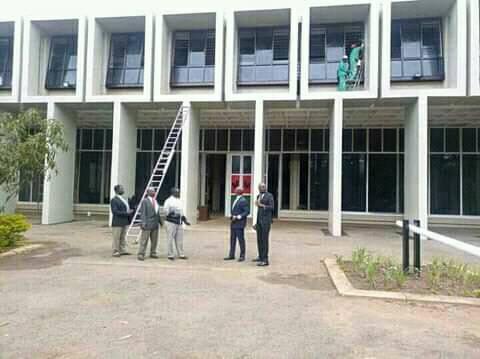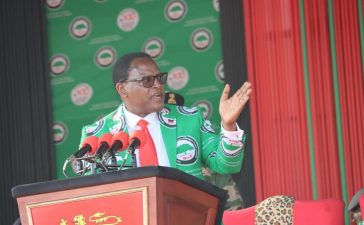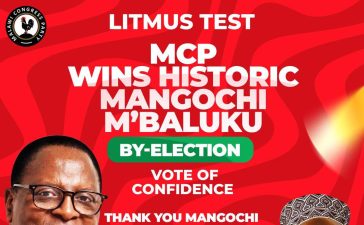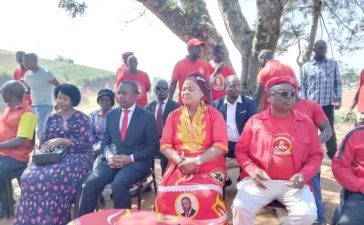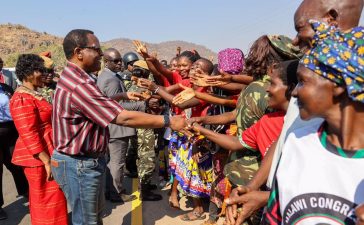By Watson Shaba
A few months ago, Nicholas Dausi stirred a hornets’ nest when he touted the Malawi Congress Party as an example of how parties should be run.
The public response was swift and mixed, some praised him while others threw a barrage of insults at him. Malawians have become disrespectful and do not hesitate to spew obscenities especially on social media.
The degree of moral degradation in our nation has reached an alarming level and our vulgarity knows no boundary.
As an ardent follower of political developments in the country, I can state without any fear of contradiction that Dausi was right because the MCP is the only party in the country that functions like a well-oiled machine.
Its chances of survival are greater than any of its rivals, and can survive on either side of the political divide. It is the only party, not only in Malawi, but on this side of our continent to have survived this long out of power.
The strength and permanency of a party is determined by its survivability.
Some parties can’t survive a single term after being ousted from power.
Are there any lessons other parties can learn from MCP? The answer is a big “YES”
First, ownership.
Although founded in 1959 by Orton Chirwa, Aleke Banda and other leaders of the Nyasaland African Congress (NAC), the Malawi Congress Party (MCP) is Malawi’s oldest political party. It was formed as a successor party to the banned Nyasaland African Congress when the country, was under British rule.
It has been headed by Kamuzu Banda, Gwanda Chakuamba, John Tembo and now Lazarus Chakwera. All these leaders are not related and come from different parts of the country.
Its leadership is open to everyone and they have no sacred cows or “royal family”. A nephew to Kamuzu was fired from cabinet after he was implicated in the abuse of Covid 19 funds. John Tembo’s son embarrassingly lost primary elections in his father’s former constituency. Voters chose Ishmael Wonani, 29.
With 588 votes while John Tembo Jr only got his own vote.
That’s what happens when a party is no personal property.
Secondly, transfer of power.
The Malawi Congress Party is the only party in the country not owned by its president.
President Chakwera does not have a monopoly over the ownership of the party, in fact, he can be voted out at some convention.
But the same cannot be said about other parties.
In MCP, power is wrested through an election at some convention and not handed down to kin and folk.
And when that happens, the former president, or his kin do not hold or pull any string(s) behind the scene. Banda did not control Chakuamba, and Tembo did not control Chakwera. Elsewhere, former presidents create new positions that would give them sway over the new leadership. When Muluzi’s third term bid was defeated, he created the position of Party Chairperson “Atcheya”, making Bingu, the head of government with no control over the ruling party.
Thirdly, infrastructure. The MCP is the only party in the country that has assets.
They have offices and property registered in the name of the party and not in the name of the president.
Their party functions are held in party offices and not personal residences of their presidents.
Ladies and gentlemen, this is what Dausi wanted other parties to emulate from MCP. While watching the burial of JZU last week, one question kept bothering me, if MCP was like other parties, what would have happened to it after the demise of “Obaba”?
Some parties have died at the death of their founders. James Nyondo’s National Salvation Front and Amunandife Nkumba’s Malawi Democratic Union (MDU) are just a few classic examples.
Malawi needs strong parties in government and in opposition, therefore, ignore Dausi’s advice at one’s political peril.
From the Pew.

